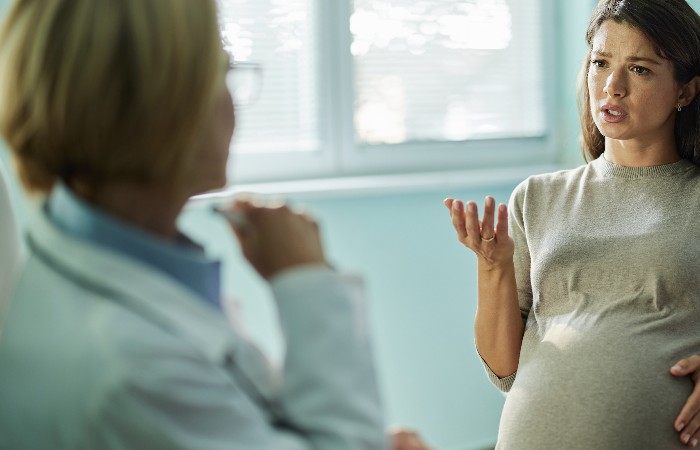RSV vaccine programme starts in Scotland but how many pharmacies are taking part?
In Profession news
Follow this topic
Bookmark
Record learning outcomes
The respiratory syncytial virus (RSV) vaccination programme started yesterday in Scotland but it remains unclear how many community pharmacies, if any, are taking part.
The vaccine is available to pregnant women who are 28 weeks into their pregnancy to protect newborns and infants as well as patients who turn 75 between August 1, 2024 and July 31, 2025 and those aged 75 to 79.
The RSV is a highly infectious respiratory virus that affects the breathing system and, according to Public Health Scotland (PHS), is the leading cause of emergency respiratory admissions to hospital for infants in Scotland.
PHS said 1,516 children under the age of one were hospitalised with the virus last year while more than 1,000 recorded cases of RSV in adults aged 75 and over were recorded between October 2022 and September 2023 and over half of those spent time in hospital.
Local health boards in Scotland have invited eligible patients to get their free RSV vaccine but it is unclear how many pharmacies are providing vaccines. Independent Community Pharmacist has asked PHS and Community Pharmacy Scotland whether pharmacies in the country are being funded to take part in the programme and if so, how many pharmacies are taking part.
Scotland’s First Minister John Swinney, who visited a vaccination clinic in the Hub Community Centre in Clydebank yesterday, said: “I encourage pregnant women to take up their vaccination appointments to protect their babies against the leading cause of hospitalisation in infants during the first weeks and months of life.
“Ensuring a healthy childhood is every parent’s first priority, however, it is equally important that those aged 75 to 79 take up their offer of this vaccine.
“We have acted quickly with partners to introduce this vaccine in time to maximise the benefit to the more vulnerable ahead of winter. This programme will reduce the numbers seriously ill or hospitalised, helping to manage the significant winter pressures on our NHS.”
Symptoms of RSV normally start within a few days of infection and include cold-like symptoms such as a runny or blocked nose, sneezing, a cough, tiredness and a high temperature. Babies with the virus may be irritable and feed less than normal. If untreated, RSV can lead to more serious conditions such as bronchiolitis.

